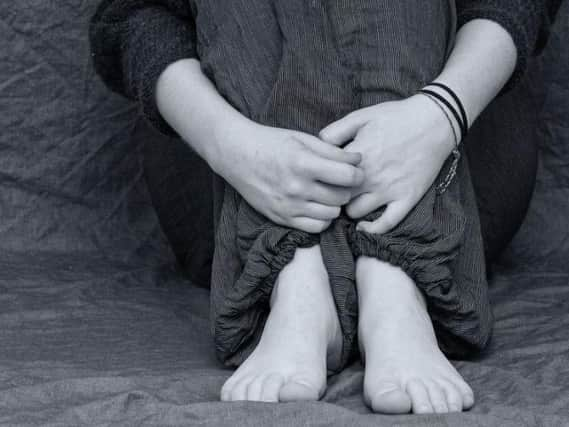The majority of rape cases are going unsolved


The Home Office data – which also shows that just one in 22 cases ends with anyone being charged – reflects the difficulty police face in bringing suspects to court.
This week, it was revealed that rape victims are being told they must hand over their mobile phones to police or risk prosecutions against their attackers not going ahead.
In 2018, 3,664 rape investigations were concluded by GMP.
Advertisement
Hide AdAdvertisement
Hide AdJust 170, or five per cent, of them resulted in a suspect being charged.
The most common reason for rape investigations being closed was evidential difficulties, preventing the case proceeding, even though a suspect had been identified and the victim supported police action.
This accounted for 30 per cent of cases.
In a further 26 per cent, a suspect had been identified, but the victim did not support police action, or withdrew support from it.
In 13 per cent, the crime was confirmed by police, but no suspect was identified and the victim declined or was unable to support further police action.
Advertisement
Hide AdAdvertisement
Hide AdAnother 23 per cent of cases were closed with police concluding that the crime had been investigated as far as reasonably possible, pending further avenues of interest opening up.
Recently, consent forms asking rape victims for permission to access their messages, photographs, emails and social media accounts have been rolled out across the 43 forces in England and Wales.